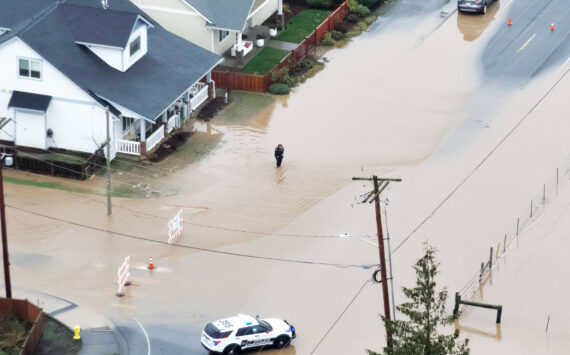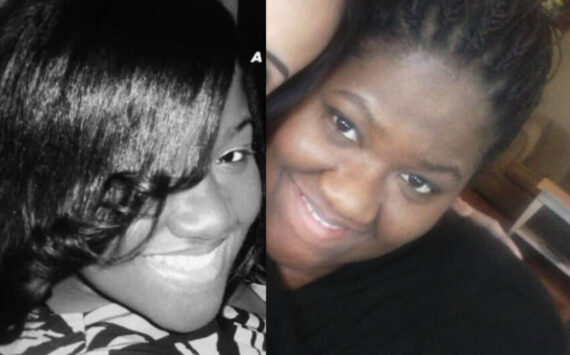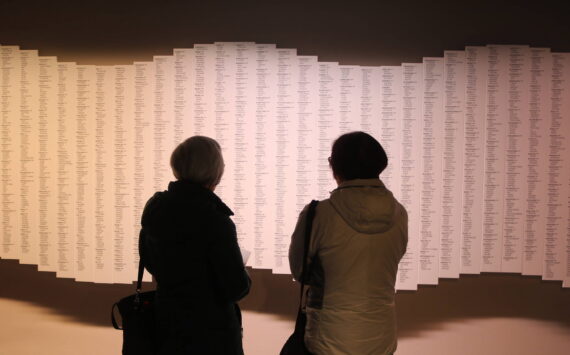If your image of Mother Earth is a loving, peaceful being who wants to see her human offspring grow and prosper, you might not want to invite UW paleontologist Peter Ward to your next moon dance. Because not only does Ward think Gaia is more interested in harming rather than helping us mere mortals, he also thinks she’d be happiest smothering us in our collective crib.
Ward is the author of The Medea Hypothesis, named after the Greek mother who slaughtered her own children. The book is a direct response to the Gaia hypothesis, the 1970s theory that the entire planet works as one giant symbiotic organism.
If the title didn’t tip you off, Ward’s views on Earth are a tad darker. The professor’s specialty is mass extinctions; having studied death on a grand scale, he has his own theories on what causes it. Specifically, Ward claims that four of the five great extinctions since the rise of animals weren’t caused by volcanoes or meteors, but by life itself.
“Life,” he wrote recently, “seems to be actively pursuing its own demise.”
The Medea Hypothesis, then, is basically the antithesis of every idealistic argument that began in a graduate study hall and ended in the creation of a commune. As quoted in The New York Times Magazine‘s annual “Ideas” cover story this past Sunday, Ward writes that we must “overcome nature…not go ‘back to nature.'”
I think this means we can all feel a little less guilty for taking the car to Safeway even though it’s within walking distance, so we don’t have to schlep grocery bags back to our apartments in inclement weather.







